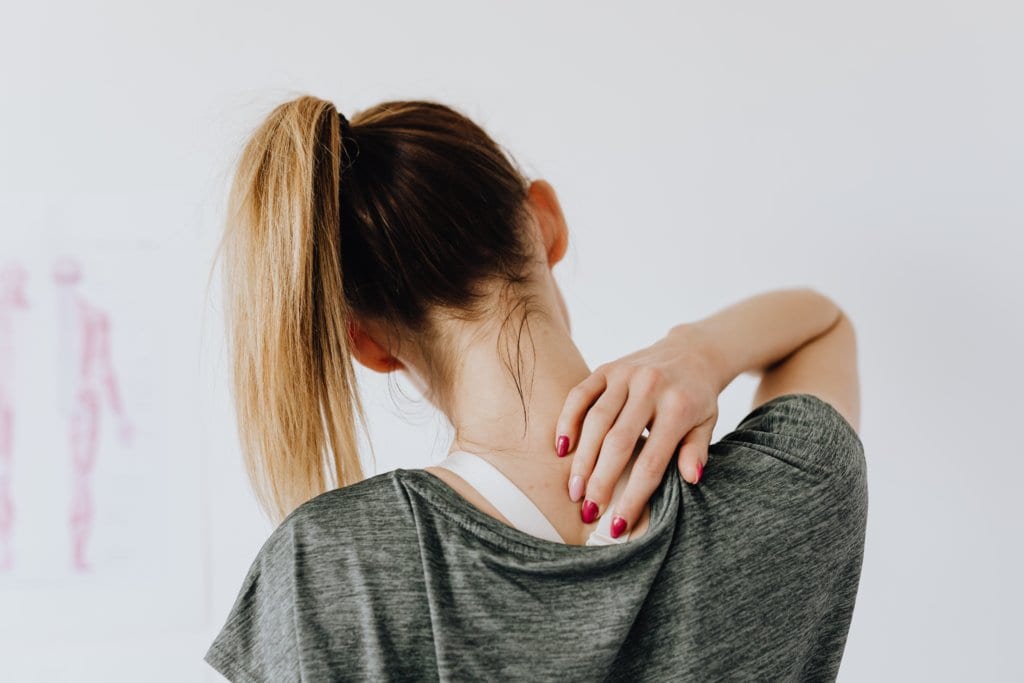Social media helps people stay connected with loved ones. But when you’ve been injured and are pursuing a personal injury case, social media can be your worst enemy.
Most people feel very comfortable sharing things on social media. It’s like a safe space to vent and engage with others. But what people don’t think about is the fact that it’s instantaneous. And while you might think your privacy settings are strong, more people can probably see your post than you realize.
Posting information related to a personal injury case is always a bad idea. Whether it’s accident details, doctor checkups or meetings with your attorney, it’s best to keep these details private.
In fact, while you’re pursuing a personal injury case, it’s best to avoid posting on social media in general. You might not realize the harm that a photo of you doing something simple around the house can do to your personal injury case.
We’ll showcase some issues with social media and personal injury cases to help illustrate the importance of being smart during your lawsuit.
Social media isn’t as private as you might think
You can check your social media privacy settings monthly and still not have the privacy you think you do. If the defendant really wants to defend their case, they can hire a private investigator to look at your social media activity. Most private investigators are skilled at finding ways to access this information in a completely legal manner. The key is in knowing where to look.
And if the defendant in a personal injury case can’t get access to your social media through a private investigator, they can subpoena access to your social media activity. The courts often see this information as relevant and allow that access to see what’s posted on your accounts.
Social media posts can be incriminating
While you might believe you’re following doctor’s orders entirely while healing from a personal injury, your social media can tell a different story. On social media, people tend to make their life look good. They only post nice things and extremely flattering photos of themselves.
What you might not realize is that these healthy-looking photos can be incriminating. They might show you hanging out with friends, doing household chores or enjoying life in other ways. But they’ll make things appear like you weren’t injured. Injuries are not always apparent in photos and these photos can also catch you in activities that your doctor might not approve of while healing.
What you can do to avoid social media traps
If you’re in the midst of a personal injury lawsuit, the best thing to temporarily delete your social media apps and avoid posting there. Here are some tips to avoid harming your personal injury case with digital communication in general.
- Do not post anything on social media about your accident. In reality, it’s a good idea to avoid posting on social media entirely.
- Assume all photos taken of you will end up on social media. So don’t pose for photos with friends during this time and ask that friends avoid tagging you in social media updates.
- Never discuss details from your accident or the lawsuit proceedings with anyone via text message or email. Keep these communications over the phone or in private, in-person settings if you feel the need to discuss them at all.
- Listen to your doctor’s recommendations and go to all scheduled appointments. If for some reason you can’t make an appointment, reschedule it as soon as possible. You need to follow your doctor’s recommended care to prove that you’re doing all you can to get better.
- Avoid public places where a private investigator might be able to photograph you. Insurance companies might try to trap you doing activities your doctor would not approve of or activities that make it appear as though you are not injured. Even with your best efforts to follow your treatment plans, you might accidentally slip up and it’s good if you’re in the privacy of your home or someone else’s home if that happens.
- Respect instruction from your attorney on what to do and not do during your personal injury lawsuit. Your attorney is looking out for your best interests. Make sure to respect the work they are doing to pursue your case.
Personal injury attorney in Virginia and DC
If you’re seeking a personal injury attorney in Virginia and DC, the team at Gore & Kuperman can help. We’ll guide you through the process and advise you on approved activities during your lawsuit. This can help protect your ability to pursue a settlement.
Schedule a free consultation with Gore & Kuperman to learn more.
